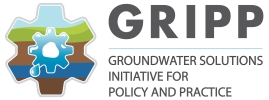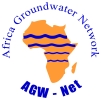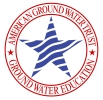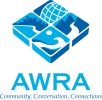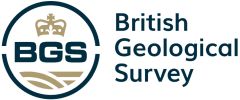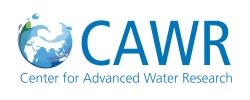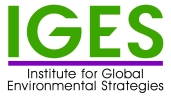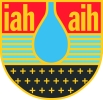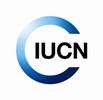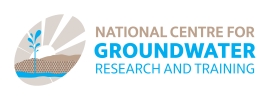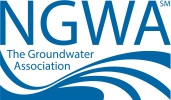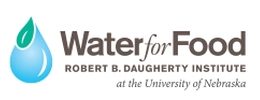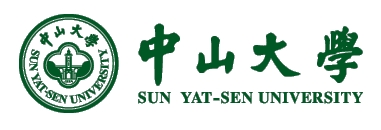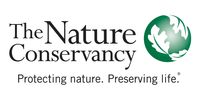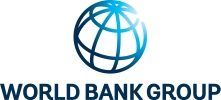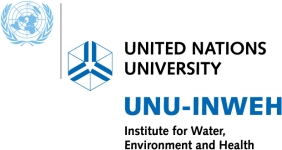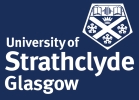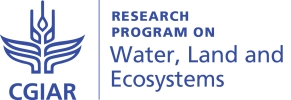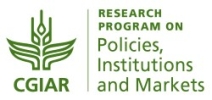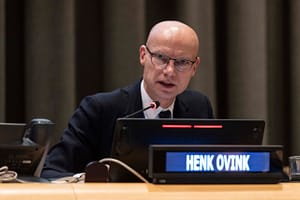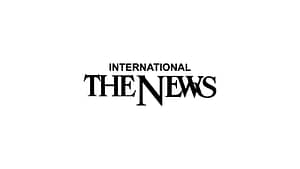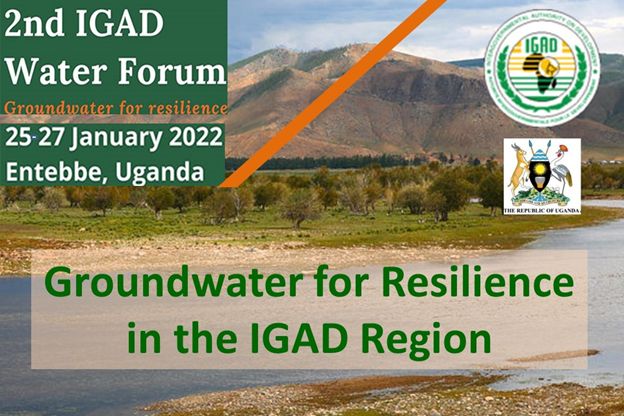
The Intergovernmental Authority on Development (IGAD) Secretariat, in collaboration with its Member States, development partners, United Nations (UN) organizations, and partners from the Groundwater Solutions Initiative for Policy and Practice (GRIPP), organized the 2nd IGAD Water Forum which was held in Entebbe, Uganda, and online from January 25 to 27, 2022, hosted by the Ministry of Water and Environment of Uganda. The theme of the forum was Groundwater for Resilience.
With more than 300 in-person and online participants, the forum attracted many participants from Member States, high-level policymakers, river basin organizations, UN agencies, financers, development partners, international organizations (such as the International Water Management Institute [IWMI], Global Water Partnership – Eastern Africa [GWP-EA], and the International Union for Conservation of Nature [IUCN]), nongovernmental organizations, practitioners, academia, and the media. This forum was held at a time when vast expanses of the region were struck by a devastating drought, affecting the lives and livelihoods of millions across the region. Considering ongoing drought and the role that groundwater could play in overcoming water security challenges of the region, the deliberation on groundwater was timely and appropriate. With the few exceptions of Uganda and South Sudan, with relatively abundant water resources, the majority of IGAD’s eight countries (Djibouti, Eritrea, Ethiopia, Kenya, Somalia, South Sudan, Sudan and Uganda) are characterized by an arid and semi-arid climate and scarcity of water, leaving groundwater as the lifeline water source for various water needs.
The three-day program, kicked off with a fitting opening plenary keynote presentation by Dr. Mark Smith, Director General, IWMI, encompassed nine sessions and a few side events. These focused on five thematic areas: (1) groundwater for peace and stability, (2) groundwater for climate change and drought resilience, (3) groundwater for socioeconomic development, (4) innovation in groundwater financing and technological development, and (5) capacity building in groundwater.
Examples of how water scarcity underlies local-level as well as cross-border conflicts, cattle rustling, and armed clashes in the region, e.g., from Darfur, South Sudan, Kenya and Uganda, were discussed. While the mechanisms that drive these conflicts are complex and yet to be fully understood, there was a general agreement that a well-planned groundwater development program through transboundary cooperation could contribute to stability and peace in the region by helping to secure water for the needy population as well as livestock, which forms a mainstay livelihood in the region. A transboundary Ethio-Djibouti water transfer project is one that potentially exemplifies groundwater as a source of regional cooperation. While there is a willingness by the financers and development partners to support transboundary water programs, a stronger policy level engagement is needed to enhance transboundary groundwater cooperation. The region accounts for 17 transboundary aquifers, which so far are relatively little understood, let alone jointly managed.
The role of groundwater in enhancing food security at the household level has been evidenced by multiple cases from more humid areas, such as Ethiopia, Uganda, Kenya and Sudan. These examples demonstrate, albeit at a slow rate and incipient stage, that farmer-driven groundwater irrigation development is taking off in many countries due to the increasing availability of solar pumps and the demand for food.
Even more emphatically, the role of groundwater in adaptation to climate change and building resilience was widely discussed at the forum. Considering the difficult hydrology and hydrogeology of the region, the need for capacity building, and technological and institutional innovations to deliver water services to the most disenfranchised pastoral communities as well as populations living in informal settlements in urban areas was discussed. Examples were presented at the forum, including the FundiFix model, demonstrating a successful institutional innovation and business model for taking a performance-based approach to enhancing service delivery and longevity of water schemes in water-stressed areas in the Turkana area in Kenya.
The forum concluded with the IGAD Members States reaffirming their commitment to intensifying transboundary water cooperation by sharing data and information and creating a conducive institutional environment for future regional cooperation. As highlighted by Mr. Fred Mwango, Team Leader and Regional Water Expert at the IGAD Secretariat, “This is the first time in the region that we have a forum focusing purely on groundwater. We suffer so much, but we have got the resource, which seems to have been neglected – in the sense that we are not investing in the same resource. When it comes to knowledge, it is better that we understand the subject all of us. Capacity within the region is not even. Some countries have more capacity than others. It is time we look at it globally, financing the water sector itself – groundwater included.”
Through its Horn of Africa Groundwater Initiative (HoA-GWI), the World Bank-led Cooperation in International Waters in Africa (CIWA) program promotes regional cooperation on groundwater management by bolstering the role of IGAD in the region’s economic and social development. The initiative supports IGAD Member States to prepare for groundwater development and management by strengthening knowledge systems, building national and regional capacities, and assessing the feasibility of specific investments. CIWA is currently supporting the undertaking of a feasibility study of the Merti aquifer shared by Kenya and Somalia, with the possibility of replicating similar studies in the other transboundary aquifers in the region. The Nile Basin Initiative is also currently addressing groundwater and shared aquifers through a Global Environment Facility (GEF)-funded project, with a focus on improving the understanding of available groundwater resources and demonstrating how to optimize the joint use of surface water and groundwater. With 86% of the Nile Basin located within the IGAD region, these initiatives are starting to create strong synergies.
The success of the 2nd IGAD Water Forum creates a solid foundation for onward cooperation among Member States and partners in the region on shared groundwater resources and associated development issues, in order to support ‘deep’ resilience in the region.
Report by Prof. Seifu Kebede, Vice President – Sub-Saharan Africa, International Association of Hydrogeologists (IAH), and Dr. Karen G. Villholth, Principal Researcher, International Water Management Institute (IWMI), and Coordinator, Groundwater Solutions Initiative for Policy and Practice (GRIPP)
View recordings of sessions on Day 1
View recordings of sessions on Day 2
View recordings of sessions of Day 3
Read The Independent coverage of the Forum
Sign up for GRIPP news and updates
Sign up for the Call to Action on Global Groundwater Sustainability






